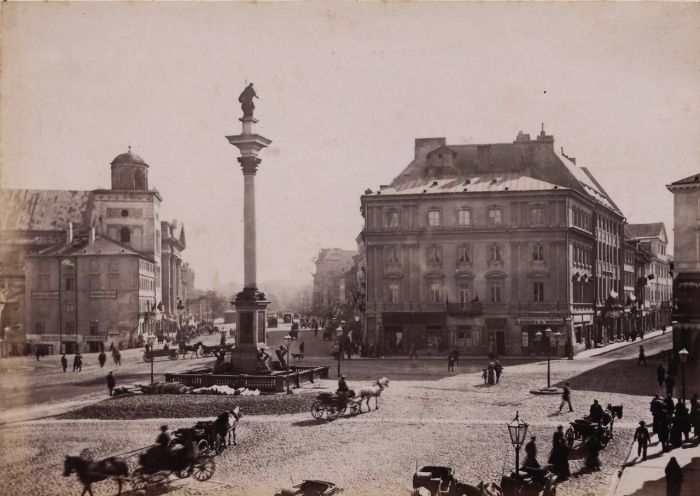Jared Warren
PhD Student in History, New York University
When did you first develop an interest in Slavic, East European and Eurasian Studies?
I remember examining atlases as a child, overwhelmed by the number of countries in Eastern Europe, most of which were still unfamiliar to me, and lamenting that I’d never remember them all. In high school, the region became more tangible as a vibrant historical place during the Orange Revolution in Ukraine. But I was most interested in France, so I eventually studied history and French literature as an undergrad. It was really until I was researching nineteenth-century France that I intellectually discovered Eastern Europe: I was (naively) surprised to find so many Slavic-speakers and exiles in Paris, and wanted to learn more. More or less ever since, I’ve been thinking about the cultural and intellectual inter-relationships of Russia, and eastern and western Europe. While studying and traveling in France, I was intrigued by regional dialects and languages—Catalan, Provençal, Alsatian—in the south and east of France; this linguistic diversity pushed me to think about the formation of modern nation states. These historical issues could be fruitfully explored in Eastern European space, it seemed. Around the same time, I discovered contemporary Polish poetry whose historical consciousness intrigued me; since I had a vague awareness of the existence of Poland from distant family who’d emigrated from Galicia in the late nineteenth century, my interests were drawn to Poland in particular.
How have your interests changed since then?
I’ve become more interested in the role of the state and institutional structures in the history of ideas, more interested the political and religious histories of East European space before the advent of modern nationalisms, as well as increasingly in early modern Eastern Europe which receives much less scholarly attention than the nineteenth and twentieth centuries. I’ve also become much more aware of—and interested in—the Ottoman Empire as a cultural and political player in East European history.
What research project are you pursuing with the Dissertation Grant?
Thanks to Dissertation Grant, I’m able to research transnational Polish romantic intellectual and religious networks in nineteenth-century 
What do you value about your ASEEES membership?
I look forward to the national convention every year. There’s no better place to learn about new scholarship, to expand my own horizons by attending talks outside my own field, and it’s always wonderful to catch up with friends and colleagues and make new ones. And of course: grants and fellowships!
Besides your professional work, what other interests and/or hobbies do you enjoy?
I’m an amateur pianist and an avid chef. I enjoy hiking when possible, and am slowly learning the art of making a perfect cup of tea.